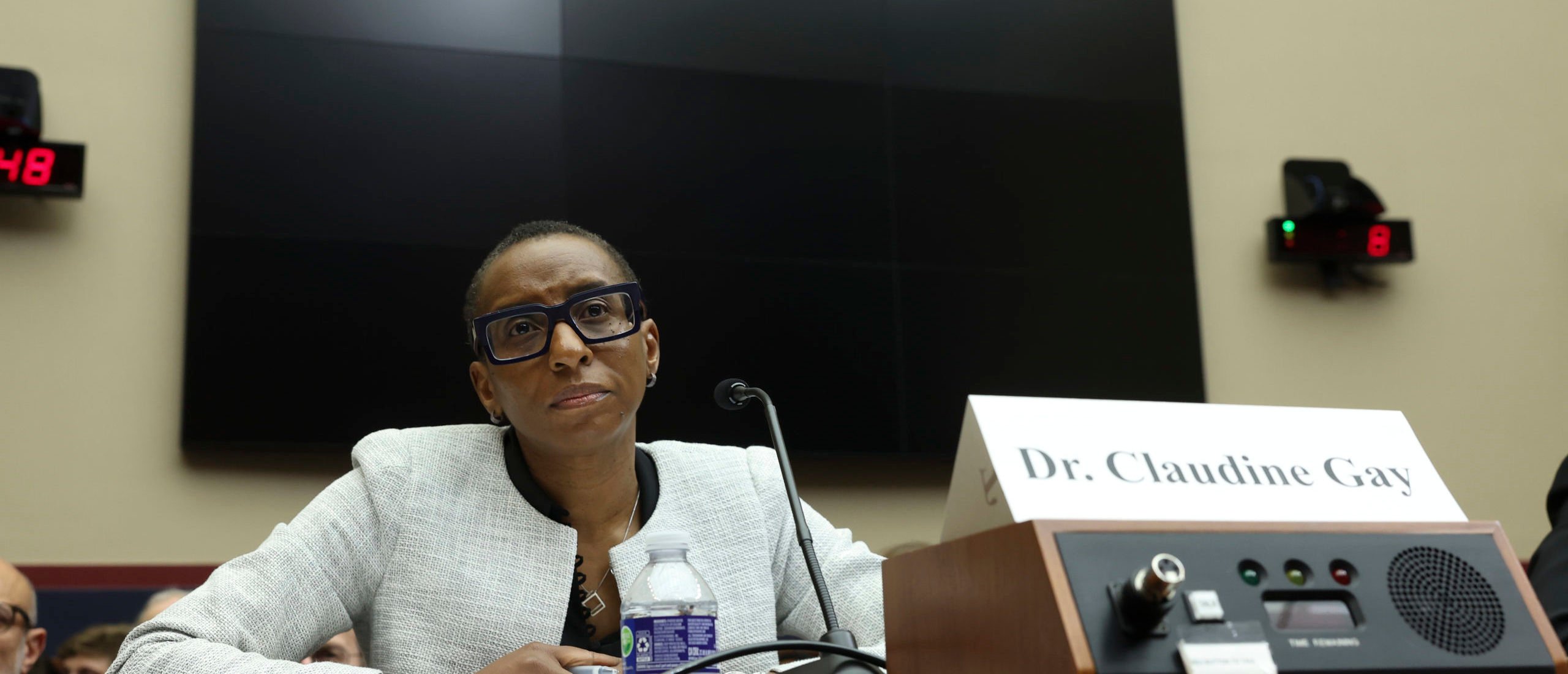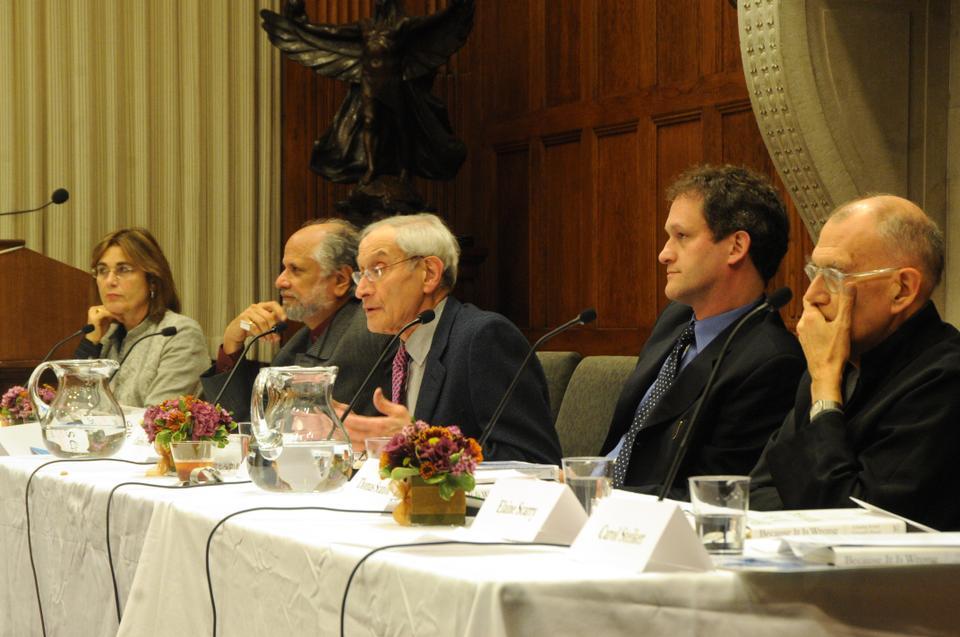As the saying goes, "sunlight is the best disinfectant".
A political pundit (I forgot the guy's name again) did an interview with Lex Friedman and was explaining how France was left scratching their heads, not being able to figure out why, that in the few years following their strict anti-antisemitism speech laws went into effect, antisemitism (and pockets of extremism) actually increased.
His explanation was that "by taking away the public/mainstream discourse aspect of that conversation, you've all but guaranteed that the only people they'll ever talk to are other extremists, and their ideas will never be challenged"
For instance, let's say you have a person who's an anti-vaxxer, if they're allowed to debate that position in a mainstream public forum, there's at least a chance that they (or someone who sees them losing the debate) will jump ship and move to the other side of that issues.
There's virtually 0% chance of that happening if they're relegated to an anti-vaccine echo chamber.
It also conveys a certain level of "weakness" when too many people are content to get on-board with "deplatform over debate" because it sends the message "we're afraid we might lose the debate or their side may be able to construct a convincing argument or two, and we can't risk that"
I think there's some value in looking at the trajectories of different conspiracy theories over time.
For instance, "Flat Earth" is one that's yet to take off in any significant way...yet, the vaccine conspiracies managed to spread like wildfire.
I think at least some of that can be explained by the fact that on the flat earth topic, there's never been a shortage of people willing to step up and make them look silly in very public settings (either on social media, or on actual debate stages), as to where the anti-vaxx stuff has been met with "well, we just need to censor them".
It appears (surprisingly) the DailyBeast agrees with me on this.
Joe Rogan offered a ton of money for scientist Peter Hotez to debate RFK Jr. about vaccines. Hotez should do it and expose RFK Jr. as the unhinged crank that he is.
www.thedailybeast.com
(they even put the "sunlight disinfectant" quote in that I used earlier)

 dailycaller.com
He nailed it.
dailycaller.com
He nailed it.

